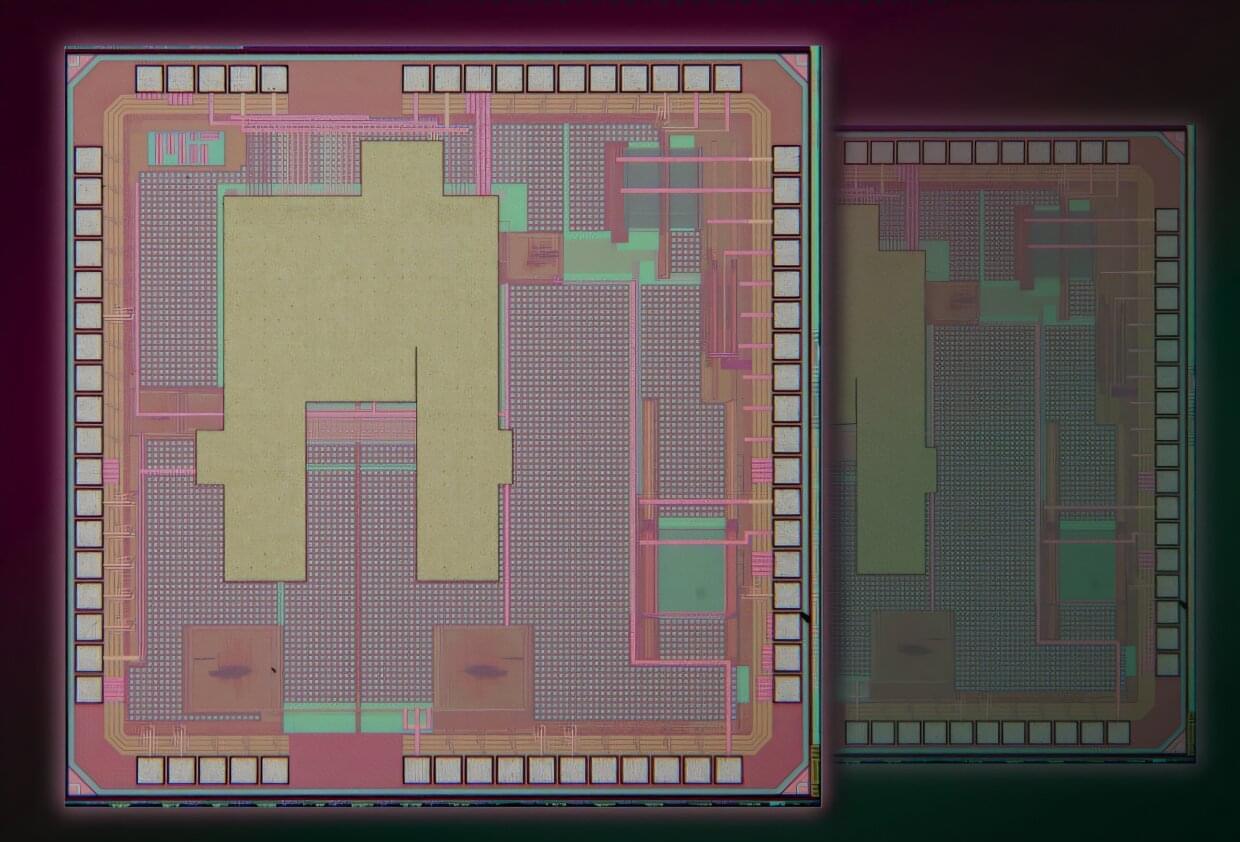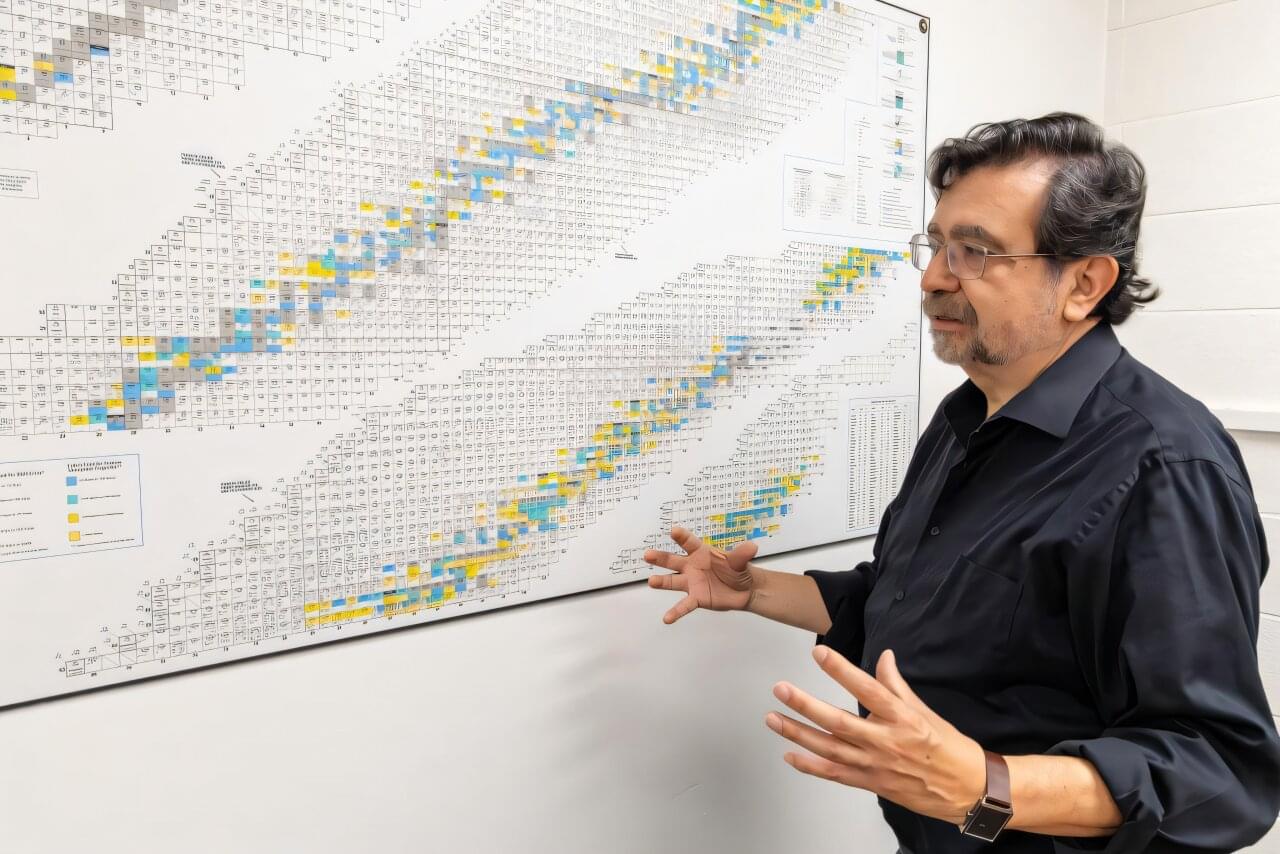With Fortinet appliances becoming an attractive target for threat actors, it’s essential that organizations ensure management interfaces are not exposed to the internet, change default and common credentials, rotate SSL-VPN user credentials, implement multi-factor authentication for administrative and VPN access, and audit for unauthorized administrative accounts or connections.
It’s also recommended to isolate backup servers from general network access, ensure all software programs are up-to-date, and monitor for unintended network exposure.
“As we expect this trend to continue in 2026, organizations should anticipate that AI-augmented threat activity will continue to grow in volume from both skilled and unskilled adversaries,” Moses said. “Strong defensive fundamentals remain the most effective countermeasure: patch management for perimeter devices, credential hygiene, network segmentation, and robust detection for post-exploitation indicators.”








